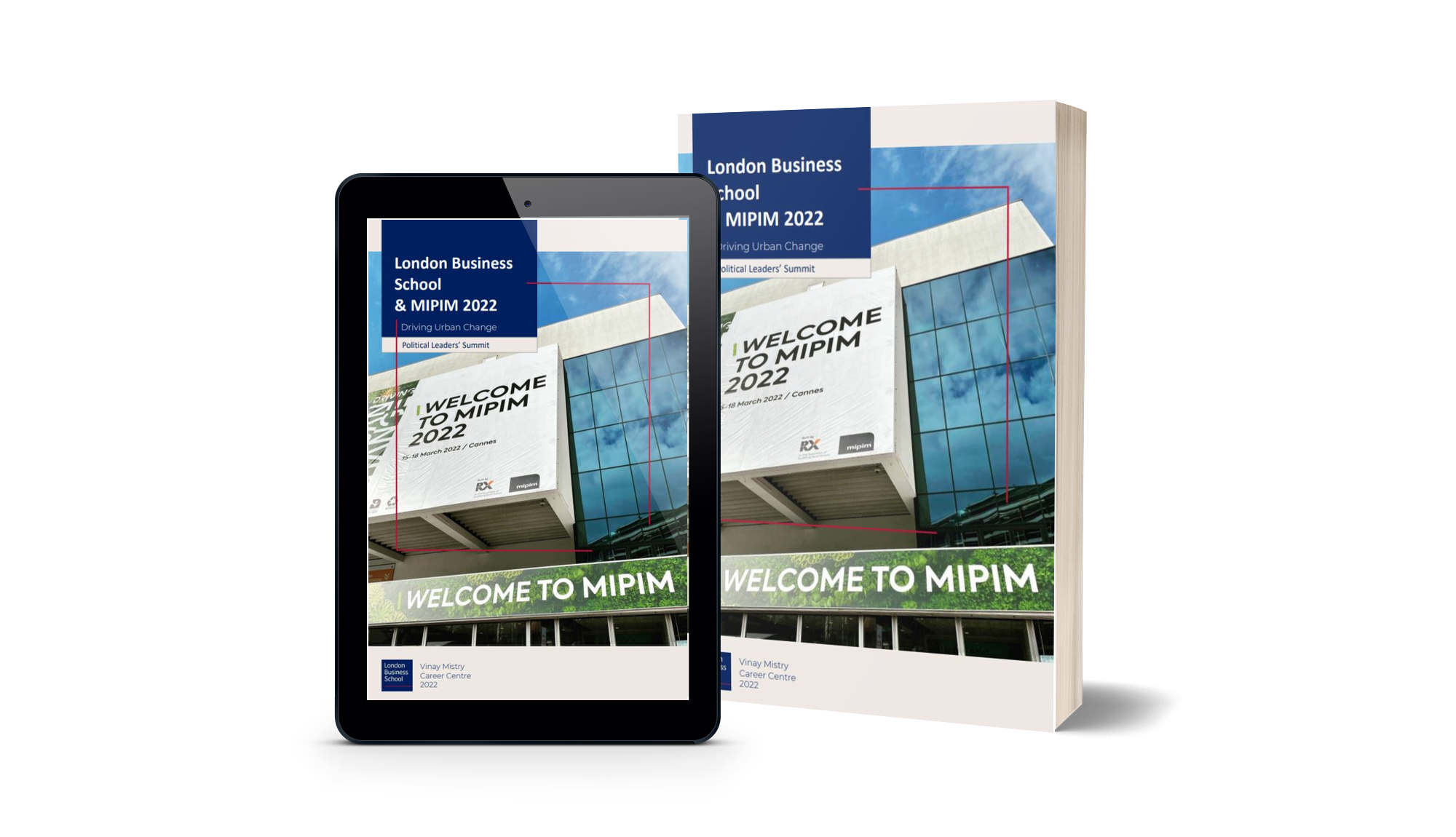From big data to smart buildings, Contech to AI, several drivers of innovation in the real estate industry will be vying for investment capital in 2020. But which areas should you be paying most attention to? We asked the experts.
AI will evolve to drive innovation in the real estate industry
“AI will remain on the rise during 2020,” says Erik Guertler, founder & CEO of Edge AI, a firm using big data and artificial intelligence to unlock proprietary strategies for direct & indirect investments across real estate markets. “The adaption & evolution will expand into more complex areas, across the categories of automation, support, expansion and autonomous AI. This will enable the industry to automate manual and routine tasks, help professionals to accomplish tasks faster and better but also let individuals make better decisions. The acceleration of the adoption will be a game changer for any real estate owner. In the long term, the early adoption of AI will lead to significant savings on costs, CO2 emissions of buildings while increasing productivity, efficiency, profit margins and returns for its investors.”
Yet going forward, a parallel “educational paradigm shift” is also essential, says Guertler, to make sure that human users evolve at the same pace as machines. “Given the most important human value differentiators will be driven by soft skills and emotional intelligence, we must urgently revisit training systems and the priority placed upon training new skills.”

Logistics Afternoon Report
Logistics is a significant pillar of the real estate industry, and a critical catalyst for
the future green transition. Download to find it more!

Logistics Afternoon Report
ConTech is set to make further strides
After years of the PropTech revolution stealing the headlines, ConTech – or construction technology – is the industry’s sleeping giant.
“Construction is a $10 trillion annual spend – 7% of the world’s workforce is in construction,” says Ryan Freedman, chairman and CEO of investment company Corigin. “ConTech is in its infancy compared to PropTech, but is a giant monster now breaking out to be its own category.”
While the likes of ProCore and Autodesk are consolidating their place in the construction software world, pure tech firms like Oracle are also making significant strides in cloud-based project portfolio management. Despite the big names, plenty of small start-ups, such as construction site solutions Bridgit and OnSiteIQ are also carving out a role in driving innovation in the real estate industry.
“As a venture firm, we are looking to invest in collaborative platforms, smart devices, autonomous buildings and tech for data sets,” Freedman confirms. “Industry-wide ConTech funding went from $584m in 2017 to $1.5 bn by 2018, so we’re right at the start of the ConTech scene.”
Customer-centric strategies are here to stay
The “hotelisation” of real estate has seen a transference of the hospitality industry’s service focus and even its architecture cues to a range of asset classes in recent years. Moving forward, PropTech’s role in the space-as-a-service trend is set to expand further, through a smarter use of Big Data and other tools to create human-centric work and living environments.
“Generation Z, which is just now entering the workplace, is the most connected generation we’ve ever seen,” says Lisa Picard, President and CEO, EQ Office. “They’re deep into human experience and human interaction. If Millennials were the mobile generation, Gen Z is the network generation and this will influence the future of work.”
As well as impacting demand for offices and therefore driving property management trends, Generation Z is part of a workforce shift “from productivity to creativity”, Picard says. “Going forward, there will be less focus on efficiency and more on effective workplaces.” That in turn is likely to drive a search for technology which “allows for distributive decision-making and communication.”
Real estate tech solutions for sustainability will grow
The industry’s focus on sustainability issues won’t subside in 2020 – in fact, PropTech and ConTech are likely to be called upon much more frequently to solve environmental problems. PwC suggests in its “2020 Building the Future” report that the global stock of institutional-grade real estate will expand by more than 55% from US$29.0 trillion in 2012, to US$45.3 trillion in 2020, reaching a potential US$69.0 trillion in 2030. This expansion will push sustainability even further up the real estate agenda, says PwC, with further consequences for innovation in the real estate industry.
“Technology is already disrupting real estate economics, but by 2020, it will have reshaped entire sectors,” the insight confirms. Looking forward, “all buildings will need to have ‘sustainability’ ratings, while new developments will need to be ‘sustainable’ in the broadest sense, providing their residents with pleasant places to live. Technology will disrupt real estate economics, making some types of real estate obsolete.”
Greater geographical diversity will drive a richer industry
According to Rudy Aernoudt, senior economist at the European Commission, Europe is still lagging the US in terms of PropTech funding. “The depressing news is that there is 34 times more investment money in the US than in the EU,” he said in a speech at MIPIM PropTech NYC 2019, pointing out that only 18 out of 350 unicorns worldwide are European. However, changes are afoot to shorten the gap. A new EU mechanism – European Scale-up Action for Risk Capital (Escalar) – plots to co-ordinate public and private start-up funding to boost the European VC landscape, with the intention of creating jobs and growth, as well as driving innovation in the real estate industry.
Despite the uneven global terrain, overall prospects for PropTech and ConTech are being enriched by a whole new raft of emerging tech hubs – from Israel to Sweden – which are unlocking transferable solutions.
Elsewhere, the growth of PropTech in China was one of the big stories of 2019, and its trajectory seems unlikely to falter in 2020. Despite economic hiccups and the trade war with the US, the Chinese population’s massive scale of urbanisation, and a strong central policy drive to build smart cities, are fuelling demand for innovation in the real estate industry. Research from Metaprop NYC shows that PropTech investments in China grew from $12m in 2013 to $987m in 2016, with further acceleration likely to follow.
Looking to up your PropTech game in 2020? Start making a plan for Propel by MIPIM 2020 events now to connect with real estate and property professionals in order to drive your business forward!



